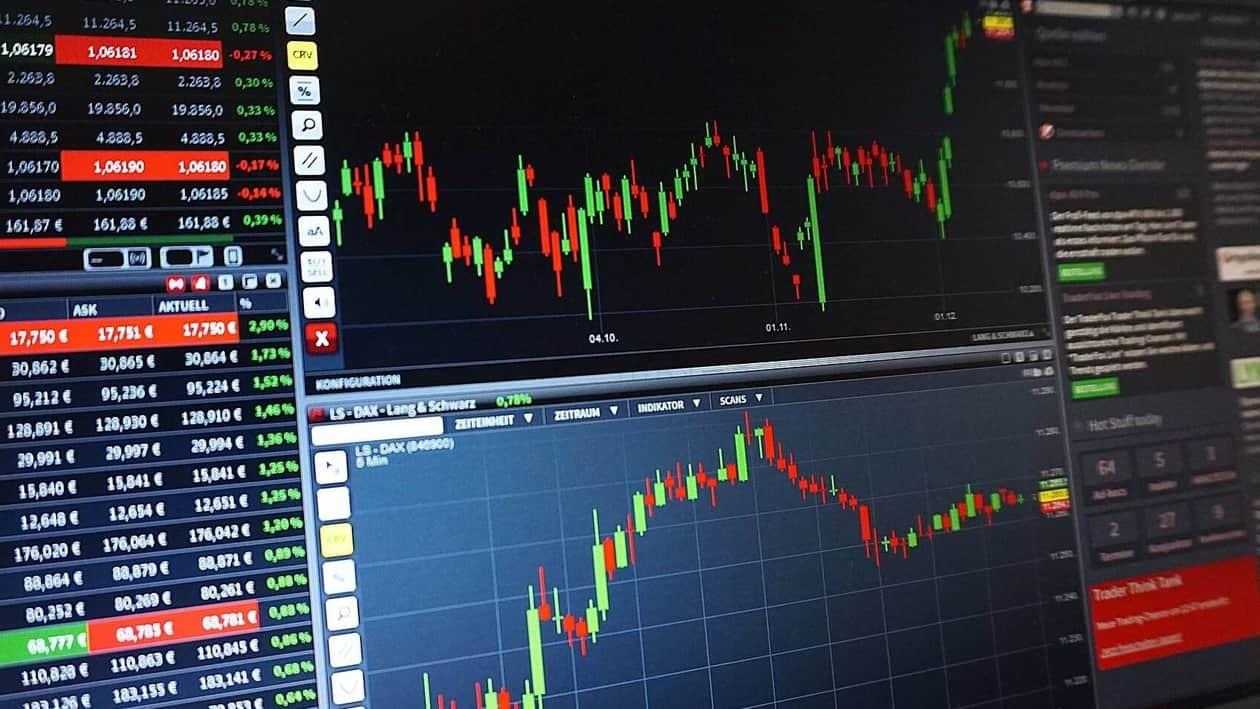Investors and traders generally scan the economic data to get a grasp of the stock market prices and the trajectory they will follow. Moreover, some keep a track of the market indices to get a perspective of the state of the economy. This brings to our focus a very pertinent question – whether markets and economy move in one direction, or not. If the stock prices are a true reflection of the way our economy is growing, then projecting the future of markets should not be a mean task. Let us understand how closely the two are linked to each other.
Move in tandem
By and large, the stock market and the economy move in tandem with each other — but not always. Since markets are very volatile, a situation could arise when the stock prices tend to fall even in upbeat economic situations and vice versa. If the GDP is rising and the economy looks upward, the same sentiment is likely to be reflected in the stock market prices as well, but not necessarily in the short term.
Since the stock markets react sharply, albeit briefly, to incidents that may have little bearing in the long term, it is fair to say that the markets don’t always reflect the true state of the economy. Oftentimes, the traders and investors grumble that the markets are “overreacting” or “the markets didn’t factor in a particular move” in the right proportion.
Some experts, to explain the relationship, give the analogy of a man walking a dog wherein the man is the economy and the dog is like the financial market. Both move practically in the same direction and the markets are controlled (leashed like a dog) by the economy, still the dog can jump around on his whims subject to the size of the leash.
The pet can take two steps leftward, three rightward and even jump a few steps backward. But practically, he is walking in the same direction as the man. If you monitor their progress over a span of a few seconds, they may have moved in different directions, but not over a long term. Similarly, the direction in which the market moved over a day or over a few weeks may not align with the state of the economy, but over a long term – they are likely to follow the same path.
Deviations between the two
As a matter of fact, the markets can get influenced by a variety of factors that directly don’t impact the nation’s economy. For instance, everything from geopolitics, natural disasters and interest rates to tax rates – impact the stock prices but not necessarily the economy. Likewise, if there is any change in the law that can directly impact the share buybacks or dividends, it will directly impact the share prices, but not the GDP.
Another thing that can lead to deviation in the markets and economy is the high expectation that gets already factored into the stock prices even before it makes any impact on the economy. So, when the economy actually does well, the markets do not jump because the sentiment is already factored into the stock prices.
There is no denying the fact that the economy and markets tend to move in one direction in the long term. But there can be some extreme reactions (on either side) by the financial markets to the events and policy announcements that may not be relevant to the macroeconomic fundamentals of a country.
